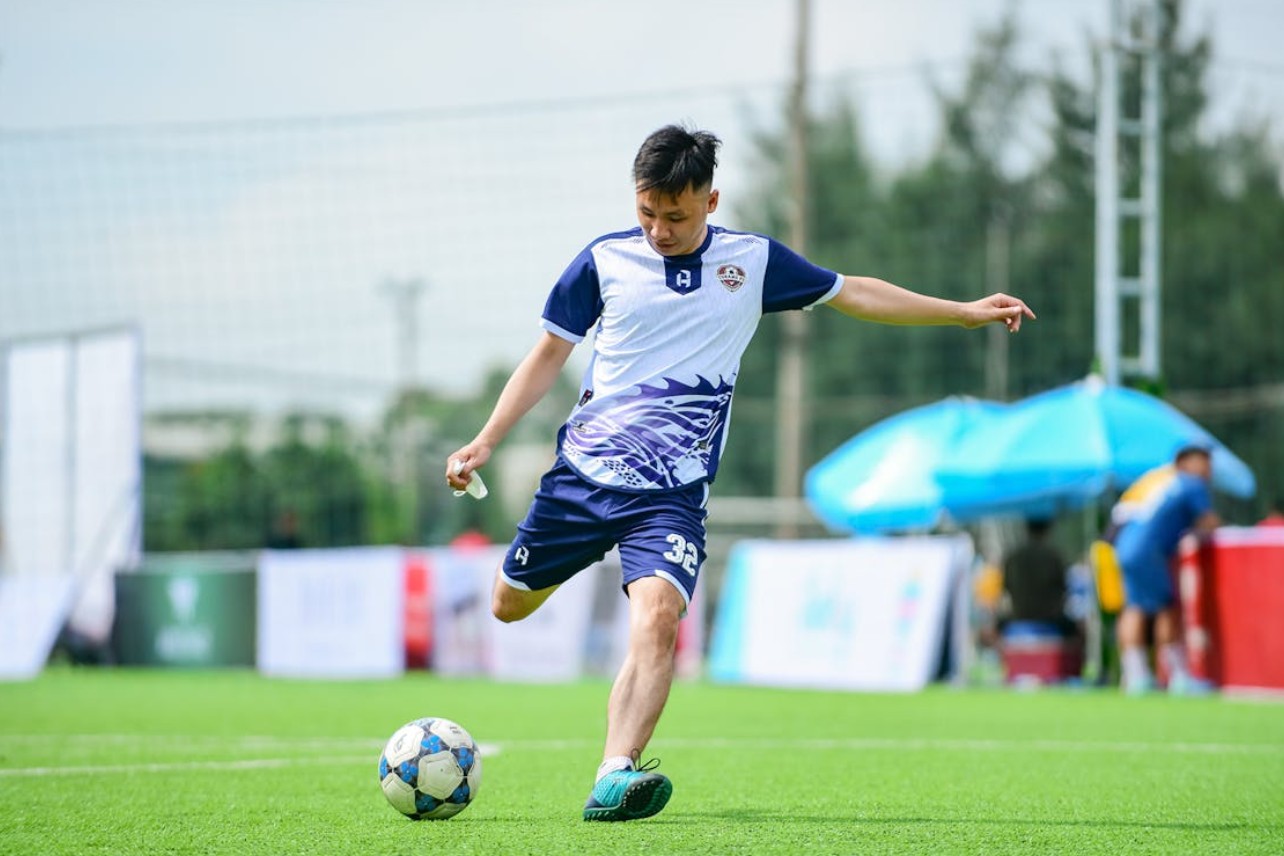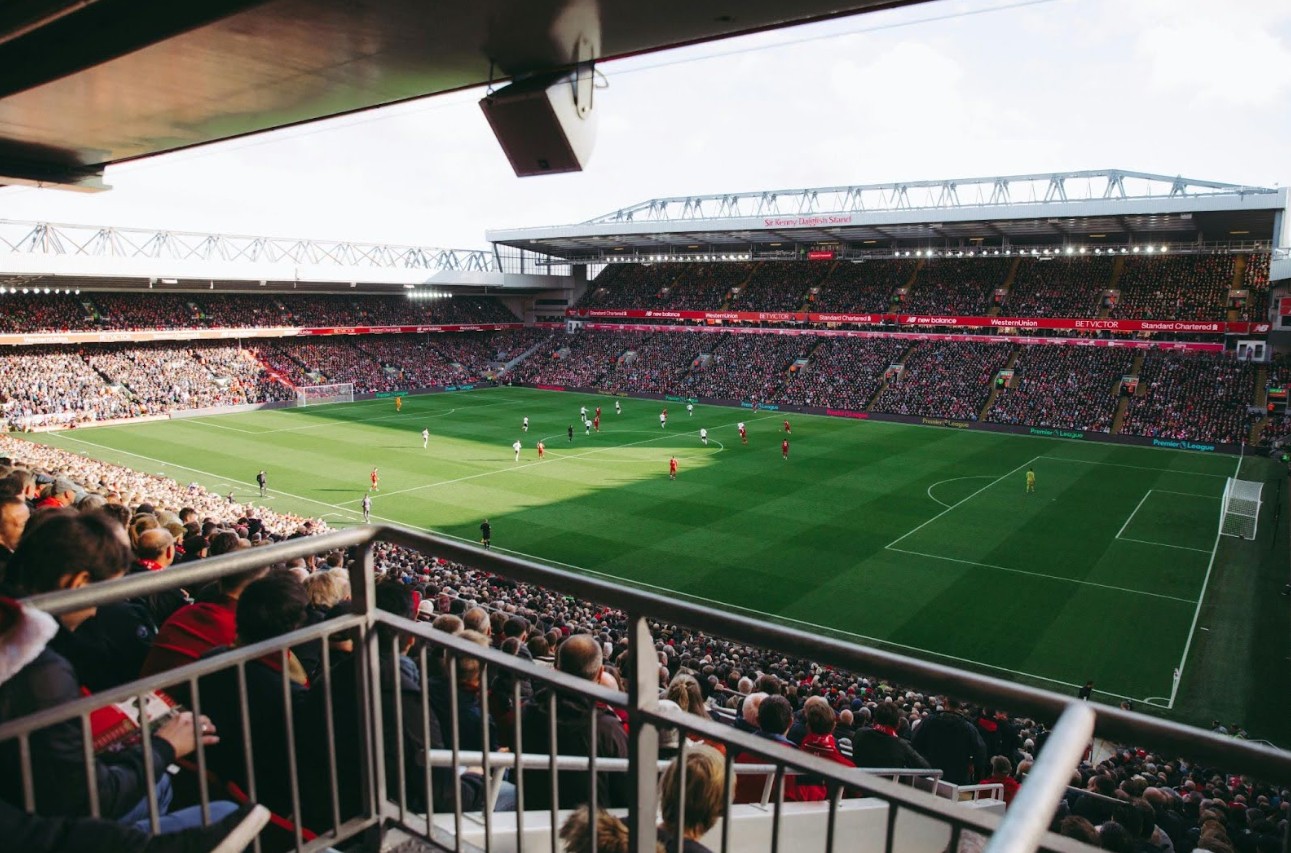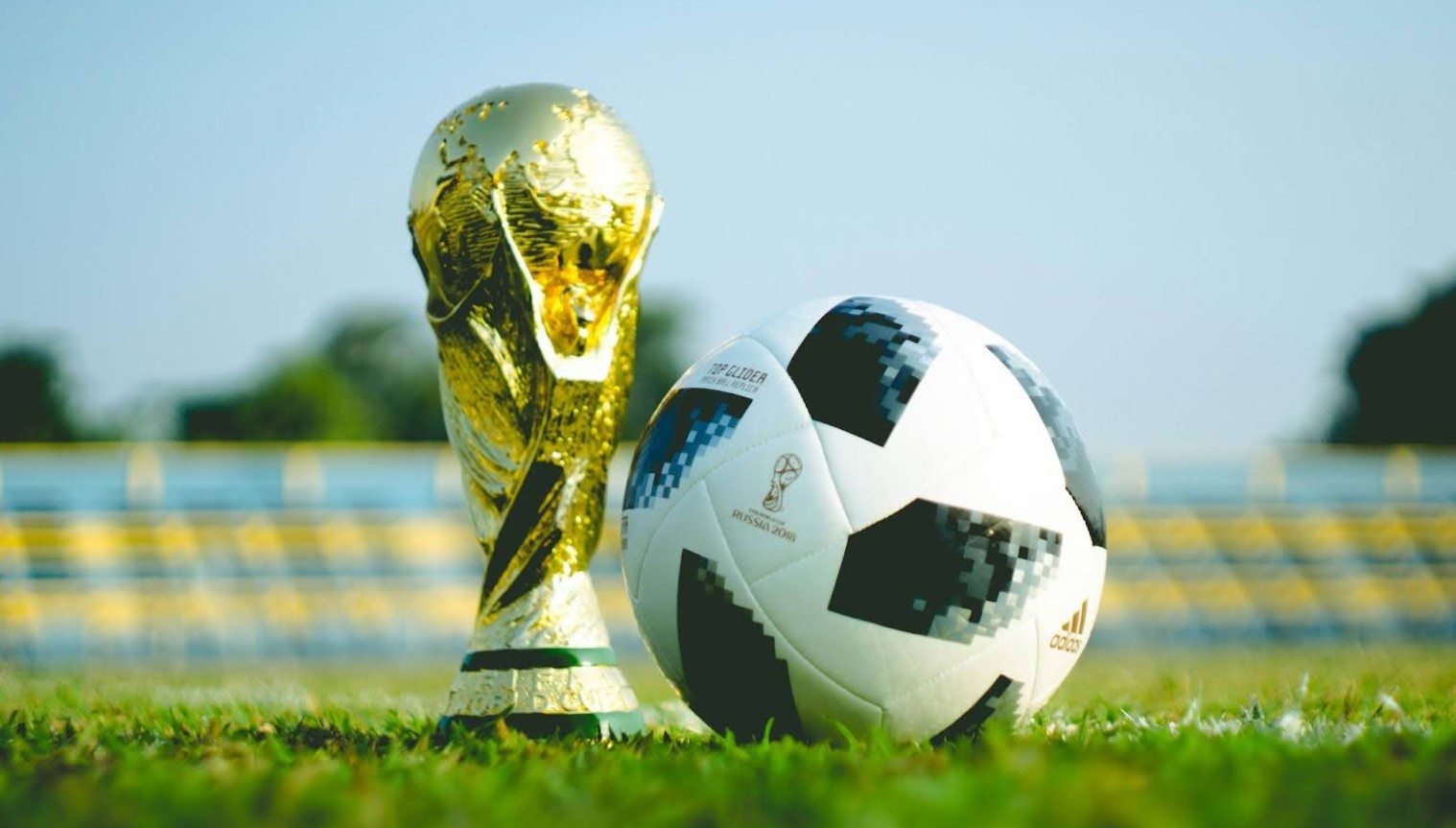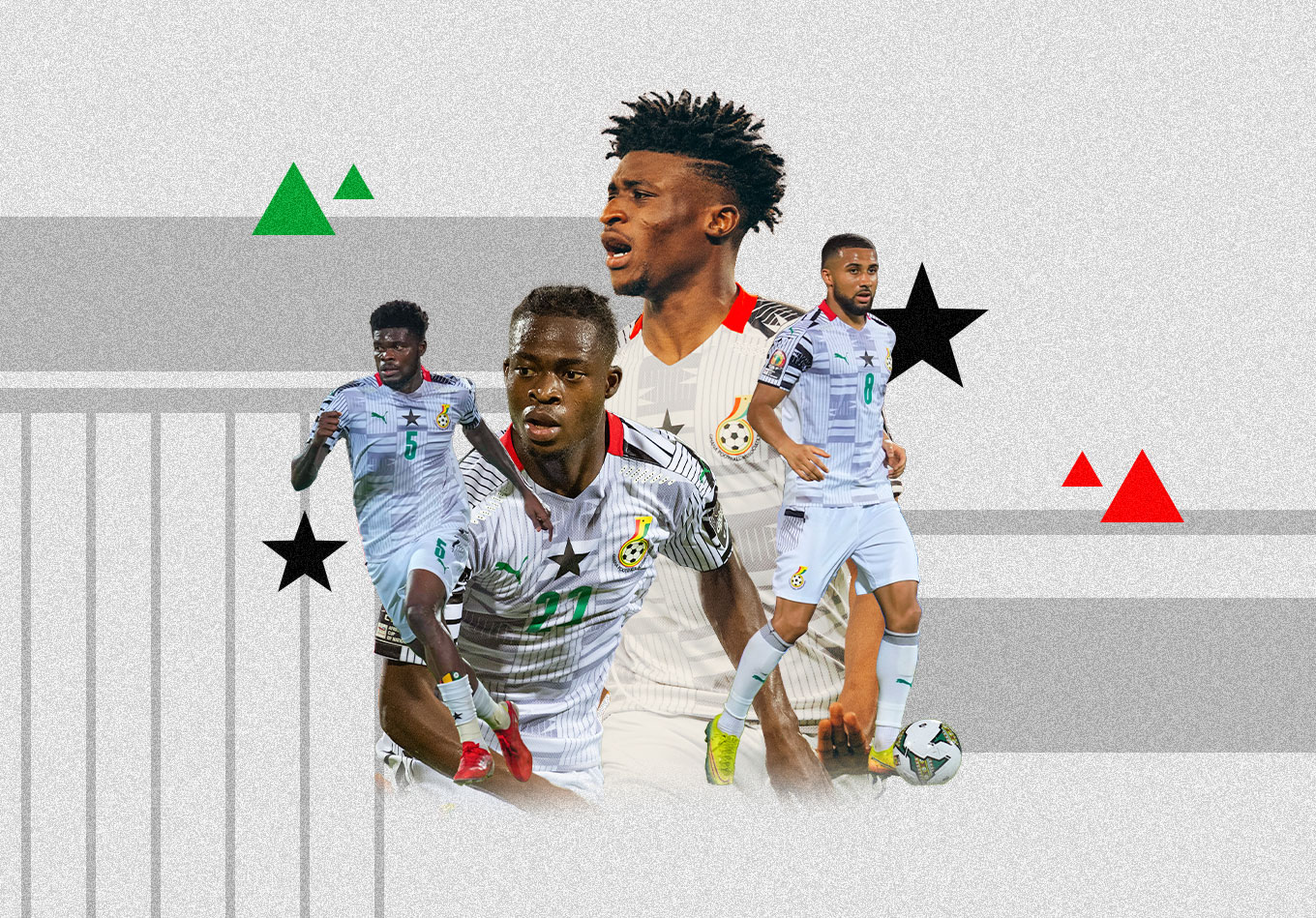
Football’s relationship with data is changing fast, but it’s hockey’s dramatic transformation over the past decade that shows just how far things can go—and how much there is to gain

Football might be about goals and trophies, but behind the scenes, it’s also about hype, money, and momentum

Charisma sets unforgettable experiences apart from forgettable ones in digital entertainment. It’s the spark that turns a simple game or stream into something viewers want to revisit and talk about with friends

For football fans, the anticipation of match day is often heightened by the strategic challenge of predicting the outcome

Football fans often treat the league standings as an absolute truth. If a team sits in the top four after fifteen matches, the common consensus is that they are playing elite football. However, the scoreline frequently hides a messy reality

At first glance, football and poker seem worlds apart—one is played on grass, the other across felt. Yet both demand quick thinking, tactical deception, and the nerve to make split-second decisions under pressure

Every sports fan has felt that electric rush when picking a winner, whether it’s a last-minute football tip or a bold call on a tennis upset

One of the most striking features of the 2026 World Cup is its tri-nation hosting arrangement. For the first time, the event will unfold across Canada, the United States, and Mexico, marking only the second time in history that more than one country has shared hosting duties and the first time three nations have done so

The English Premier League has long been a magnet for international football talent, and Ghanaian players continue to thrive within its competitive environment

Manchester City is set to complete the window's biggest deal a £65 million move for Bournemouth's Antoine Semenyo while Chelsea and Manchester United navigate transfer uncertainty following managerial sackings in the opening five days










